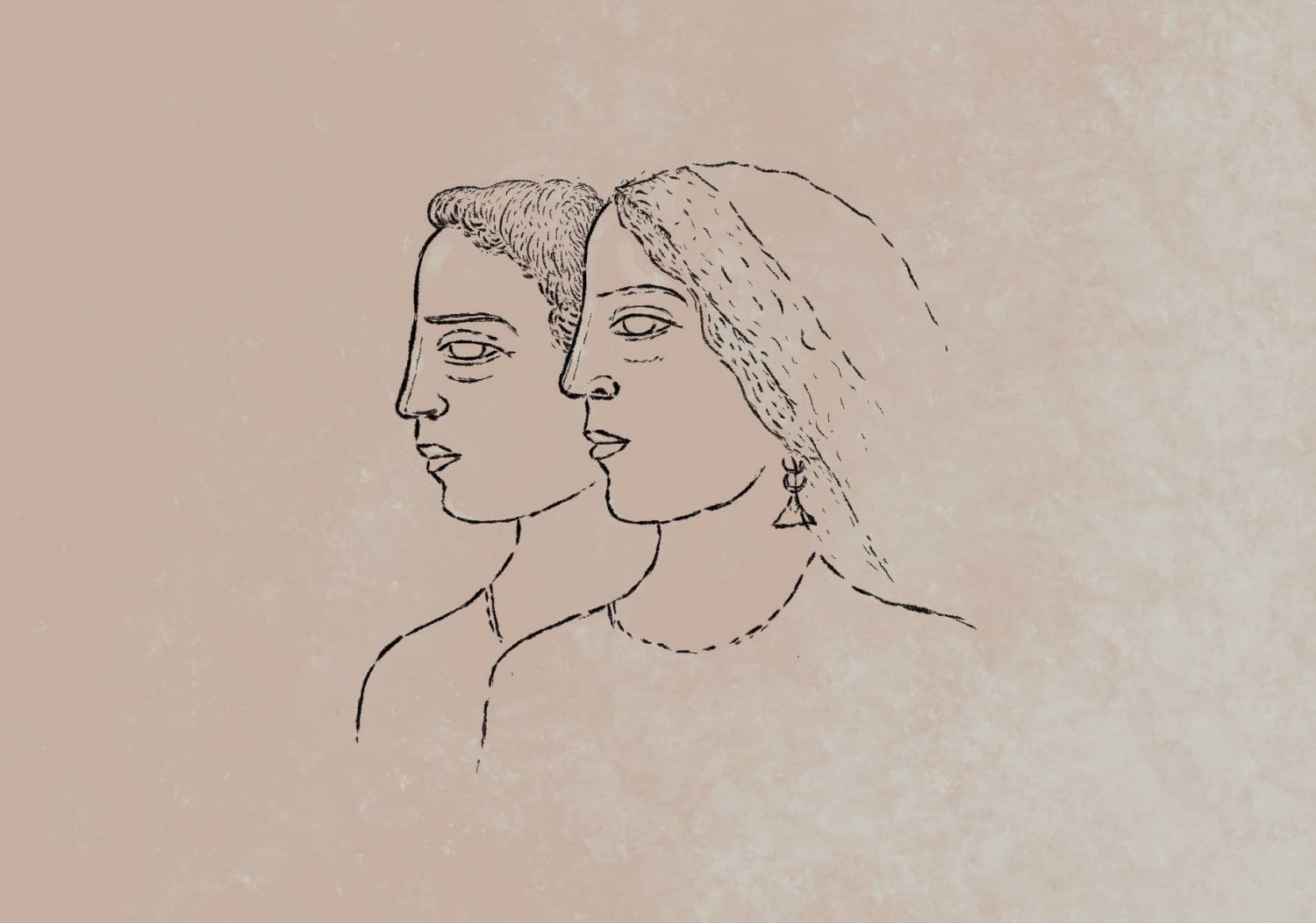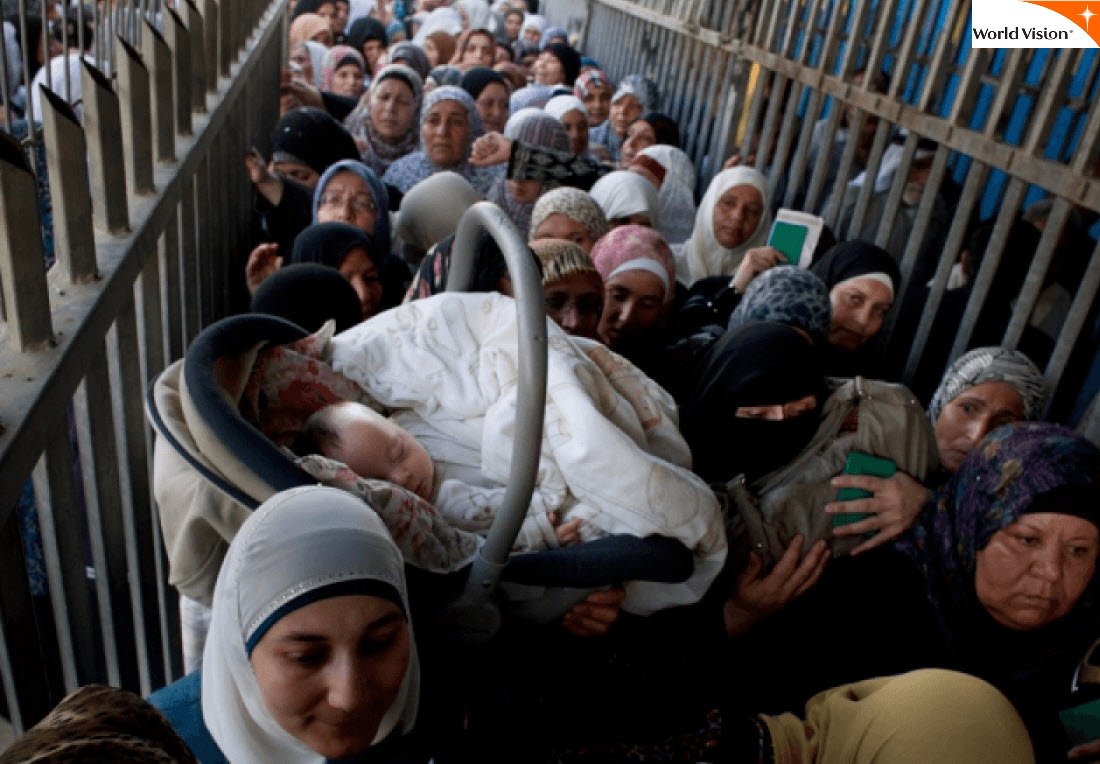Introduction

Pregnant and in Desperate Need of a Hospital, “I Ended Up Sneaking in Like a Thief”
Snapshot
A young woman describes her experience of navigating a checkpoint while in labor. This is a true story in the mother’s own words. From a 2012 report on Palestinians’ experiences giving birth in East Jerusalem.
Checkpoints pose life-threatening obstacles for pregnant Palestinian women. Their unborn child’s legal status as a Jerusalemite depends on the birth taking place inside the Israeli municipal boundaries of the city, so if they live on the other side of the Separation Wall or in neighborhoods that are just outside that boundary, they likely have to pass through a military checkpoint. When their husbands do not have the status that would allow them to pass the checkpoint, women must make the harrowing journey alone. Checkpoints are not spaces that make any allowance for conditions such as pregnancy, as Ghaida’s story, shared here, shows.
Ghaida, 21, a young Palestinian woman interviewed two days after having her first son in Jerusalem, stated:
Because I was pregnant, I felt that the soldiers on the checkpoints wanted to humiliate and torture me more. My story with the soldiers on the checkpoint is a long story, but during my pregnancy they behaved in a more aggressive and nasty manner. . . .
On Wednesday, while I was trying to reach my doctor after I discovered some blood spots . . . and was worried that I was about to have the baby before time . . . . I was delayed for two hours at the checkpoint . . . in the heat, with all the people in the crowd . . . and when I managed to reach the window of the checkpoint, the soldier asked me to pass through the X-ray . . . believe me, they made me pass through the X-ray . . . and I did, for I knew that I was not risking my baby’s health; he was about to be born and so nothing would now cause any defects. . . .
But they then decided that I couldn’t cross the checkpoint because my passing permit was not “an original”—as they claimed. I got very upset, very hurt, and had tears in my eyes, but had no time to cry; I just sat for three minutes and thought about a way out. . . . They delayed me, made me so anxious and tired, and treated me like a criminal; they prevented me from reaching the hospital when I was in dire need just to see a doctor and make sure I was not losing my son. . . . all this while I was alone, for my mother could not get a permit, and my husband was already in Jerusalem awaiting me in the hospital. . . .
I ended up sneaking in like a thief and had no other choice but to take a taxi to help me reach the hospital without any delay. My destiny was in their hands, and with my fears, loneliness, confusion—for this is my first pregnancy and first child, and I suffered from severe anxiety, mainly in the last days of my pregnancy and before giving birth. I had no other choice but to hold back my tears and my anger and go to the hospital by the pass roads.
I called my brother, and he helped me. . . . he called a taxi for me. It came, picked me up, and hurried me to the hospital.
The baby was healthy—he was born 10 minutes after I arrived at the hospital—but I am not. I am exhausted from all that happened, I am tired from being afraid, alone, anxious, and upset all the time, from feeling perceived and treated like a criminal who could never prove that she is innocent. I made it, and my baby is healthy. . . . but why this torture, why can’t I be treated as a human being, why can’t I have my baby under normal conditions and not under such horror, why am I perceived to be a criminal? A terrorist?
Excerpted from Nadera Shalhoub-Kevorkian, Birthing in Occupied East Jerusalem: Palestinian Women’s Experiences (YWCA: Jerusalem, 2012).

